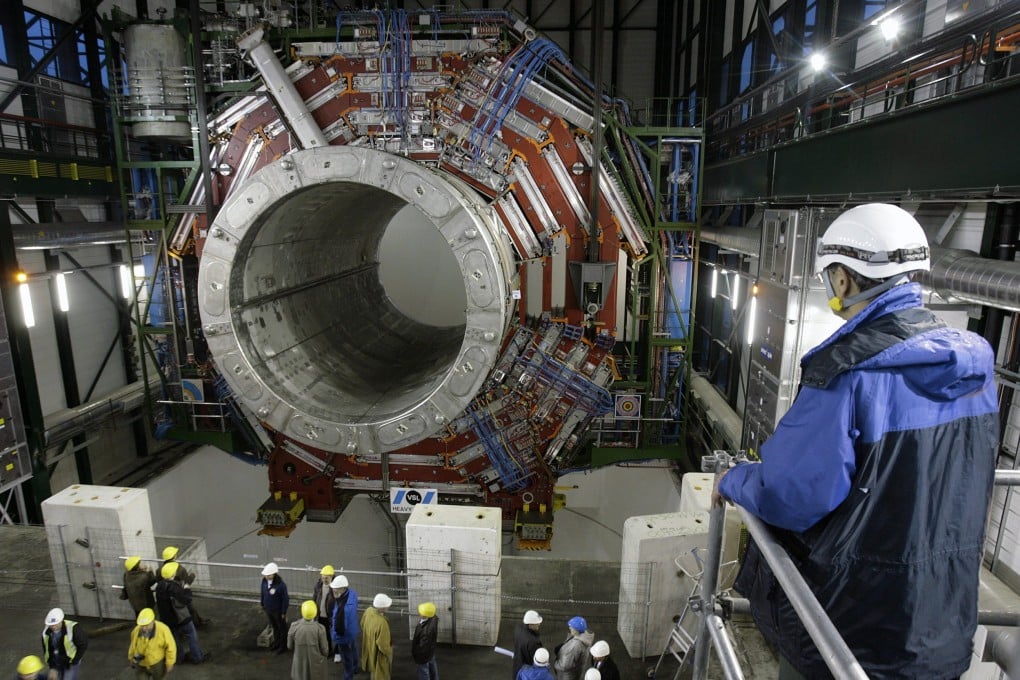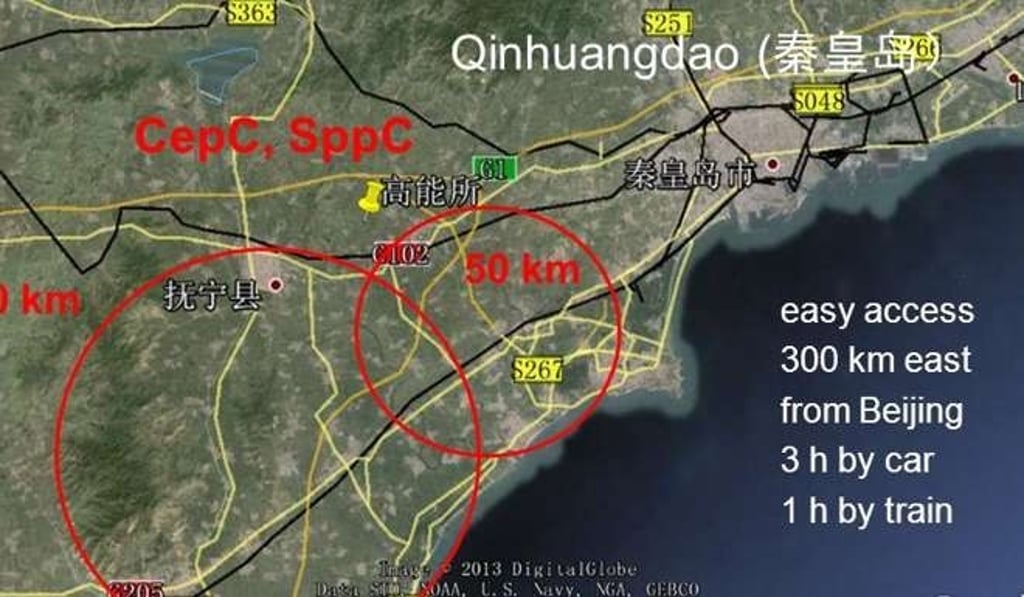Advertisement
Is China’s particle collider the Three Gorges Dam of Chinese physics?
China’s big particle collider project is stirring debate over its large cost and little practical value
Reading Time:4 minutes
Why you can trust SCMP

This article originally appeared on ABACUS
Seven years ago, the world got confirmation of an important aspect of its own nature with a curious new finding. Scientists discovered the Higgs boson, known as the God particle, at the European Organization for Nuclear Research (CERN), validating a theory for why particles have mass.
Just two months later, China announced that it’s creating its own particle collider called the Circular Electron Positron Collider (CEPC) to delve even deeper into how the universe was made. According to the plan, the construction could start as soon as 2020, with the entire project being completed by 2050 and costing US$21 billion.
The steep cost now has some calling the project the Three Gorges Dam of Chinese physics.
Advertisement

The massive hydroelectric gravity dam cost millions to build, but it never rid itself of controversy related to doubts about its usefulness and the people who were displaced for its construction.
Advertisement
Similar to grand engineering projects, particle physics is expensive. And like other basic science, the results often have no immediate practical use.
Advertisement
Select Voice
Select Speed
1.00x